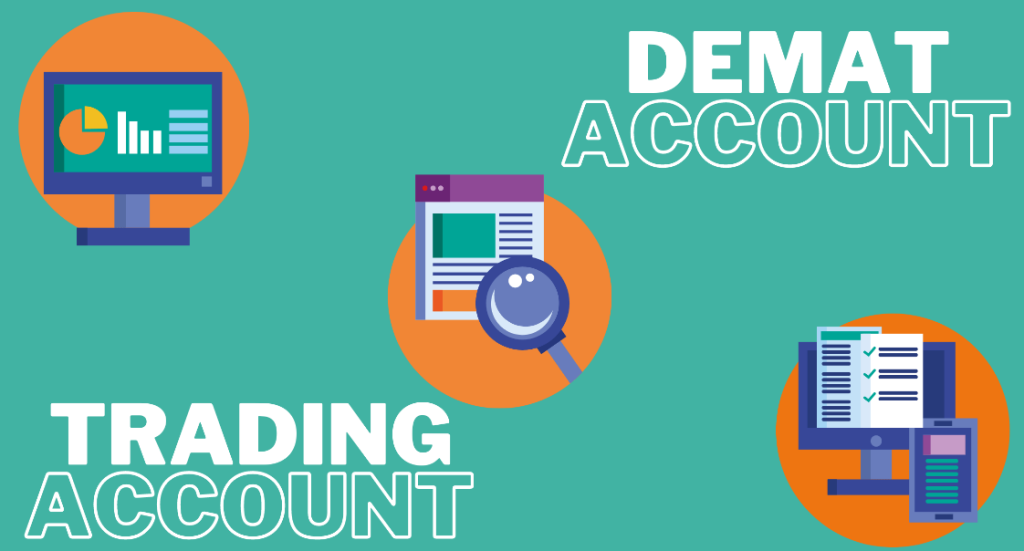Inflation is a term that everyone has heard of, but few truly understand its full impact, especially when it comes to investments. As prices of goods and services rise over time, inflation can erode your purchasing power. This gradual loss in the value of money makes it crucial for investors to consider inflation when planning their investment strategy. One of the best ways to hedge against inflation is by open demat account and building a diversified portfolio to ensure your investments grow faster than inflation.
What is Inflation?
Inflation refers to the increase in the price level of goods and services in an economy over time. A moderate level of inflation is natural in growing economies, but when inflation is too high, it can have negative effects on both consumers and investors. In India, inflation is primarily measured by two indices:
- Consumer Price Index (CPI): Tracks the price of essential goods like food, housing, and healthcare.
- Wholesale Price Index (WPI): Measures the change in prices at the wholesale level before products reach consumers.
How Does Inflation Impact Investments?
- Decreased Purchasing Power: As inflation increases, the purchasing power of your money decreases. For instance, if inflation is at 5%, a product that costs ₹100 today will cost ₹105 next year. This means the same amount of money will buy fewer goods and services in the future.
- Impact on Fixed-Income Investments: Investments like fixed deposits, bonds, and savings accounts are most vulnerable to inflation. If you are earning a 6% return on a fixed deposit but inflation is 7%, your real return is negative, meaning you are losing purchasing power. Inflation-linked bonds are one way to mitigate this risk, as their interest payments adjust with inflation.
- Effect on Stocks: Stocks can provide a hedge against inflation because companies may increase their prices to combat rising costs, potentially leading to higher revenues. However, not all stocks perform well during inflationary periods. Sectors like consumer staples, utilities, and energy tend to fare better as they can pass on the increased costs to consumers. On the other hand, growth stocks, especially those with high future cash flows, may see a dip in value because higher inflation leads to increased discount rates used in stock valuation.
- Inflation and Real Assets: Real assets such as real estate, commodities, and precious metals like gold are often seen as a hedge against inflation. Property values and commodity prices generally rise in inflationary periods, preserving or even increasing the value of these investments.
Inflation-Proof Investment Strategies
To counter inflation’s impact, consider the following strategies:
- Diversification: Spread your investments across asset classes like stocks, real estate, and inflation-protected securities.
- Stocks: Allocate a portion of your portfolio to stocks, especially those in sectors that perform well during inflationary periods, such as energy or utilities.
- Real Assets: Include real estate and commodities like gold in your portfolio, as they tend to increase in value alongside inflation.
Lastly, inflation reinforces the importance of investing. Simply holding cash in a savings account will erode your wealth over time. Opening a Demat account and investing in a diversified portfolio is one of the best ways to stay ahead of inflation.



